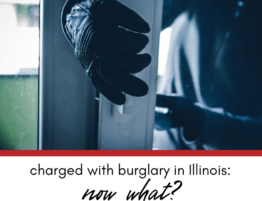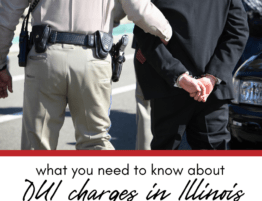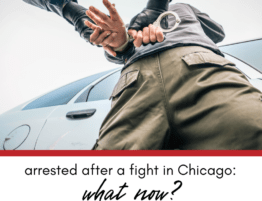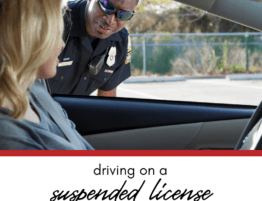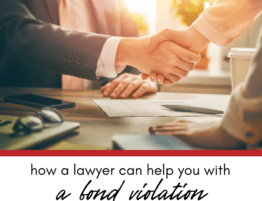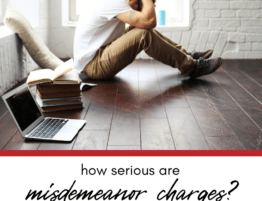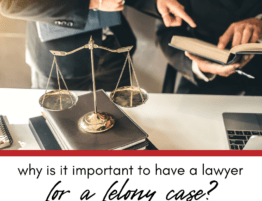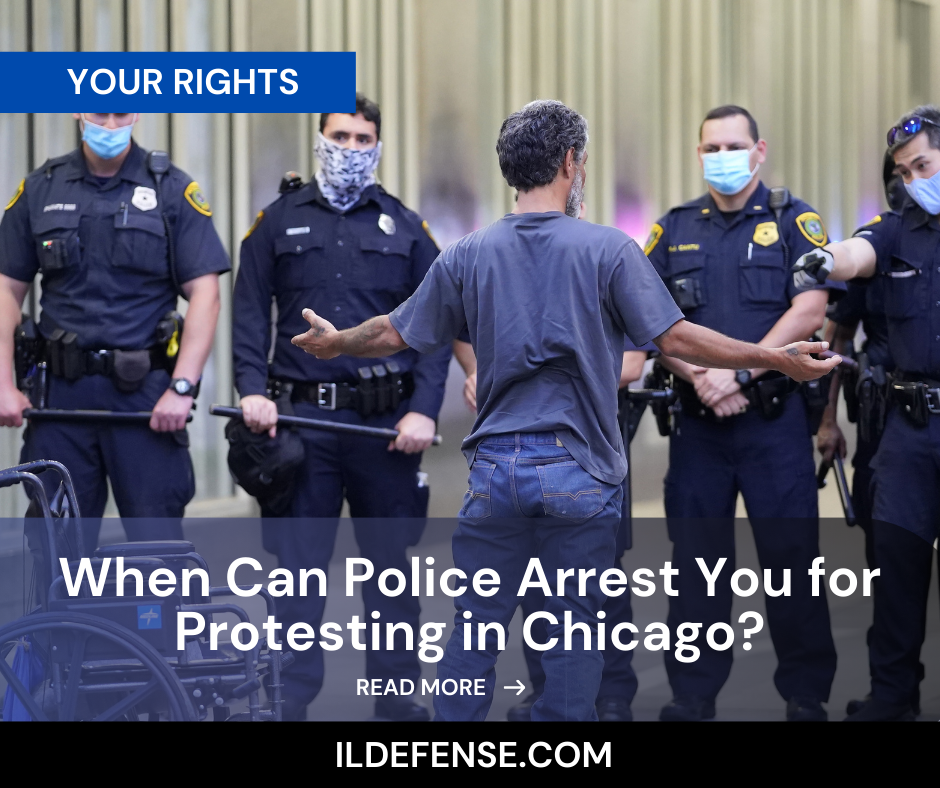
You have the right to peaceably assemble – the First Amendment to the United States Constitution says so. But when can police arrest you for protesting in Chicago? Here’s what you need to know.
When Can Police Arrest You for Protesting in Chicago?
Your right to protest is outlined in the Constitution – it’s in the very first amendment, which preserves the people’s right to “peaceably assemble.” However, there are limits to those rights, which you need to know before you head out.
Police can arrest you for protesting in Chicago or anywhere else if the police determine that the protest has turned violent or dangerous. Likewise, they can arrest you if you:
- Violate an order to disperse
- Violate curfew or another emergency order
- Block traffic
- Get in the way of the police doing their jobs
- Trespass or enter a “buffer zone”
- Commit vandalism
Here’s a closer look at each.
Arrests for Violating an Order to Disperse
When the police decide that a protest is violent or poses an immediate threat, they can say it’s an “unlawful assembly.” If that happens, the police will likely order people to disperse, which really means leave. When police order people to leave, they must provide you with a reasonable opportunity to do so – and that includes giving you enough time to take a clear, unobstructed path out. The police have to tell you how much time you have to leave, what happens if you fail to leave, and what exit route you can follow before they can arrest you or charge you with a crime, such as disorderly conduct.
Related: What are your rights if you’re accused of a crime?
Arrests for Violating Curfew or Emergency Orders
If the governor or a mayor has issued a curfew, you have to abide by it – and if you don’t, the police can arrest you. Usually, the courts allow these curfews when an official has declared an emergency.
Arrests for Blocking Traffic During a Protest
You’re not supposed to block traffic during a protest. Usually, the city requires a permit for any activity that would block traffic on city streets (and sometimes even on sidewalks). Blocking traffic is different from slowing down traffic or inconveniencing drivers, too – we’re talking about physically obstructing traffic.
Arrests for Obstructing Police
Although you can take videos and photos of the police when they’re performing their duties in public, you can’t get in their way while they’re doing so. You can be arrested for obstructing or interfering with a police officer’s ability to carry out his or her law enforcement duties.
Tip: If you’re going to record, which you’re absolutely allowed to do, do so from a good distance – far enough that they can’t accuse you of being in the way. Police aren’t supposed to make you stop recording, show them what you’ve recorded, or give them your phone or camera.
Arrests for Trespassing or Entering a “Buffer Zone” During a Protest
You can protest on public property, but when it comes to private property, police can arrest you for trespassing in some cases. You’re usually allowed to protest on property that’s been made available to the public, like parks and sidewalks. However, you can’t use public property to block access to places like government buildings, police stations and hospitals.
There are spots called “buffer zones,” too. These spaces exist to keep protesters away from sensitive locations (like abortion clinics). You aren’t allowed to protest inside buffer zones; police can arrest you if you do.
Arrests for Vandalism in Connection With Protests
It should go without saying, but vandalism is a crime whether you do it while protesting or any other time. If you spray paint something, pull down a statue, or otherwise cause damage, the police can arrest you.
Related: What happens if you get caught looting in Chicago?
Do You Need to Talk to a Lawyer About Being Arrested at a Protest?
If you were arrested at a protest, we may be able to help you. Call us at 847-920-4540 or fill out the form below with a free consultation. We’ll listen to what happened and build a strategy that gets you the best possible outcome.
Contact Us
"*" indicates required fields

